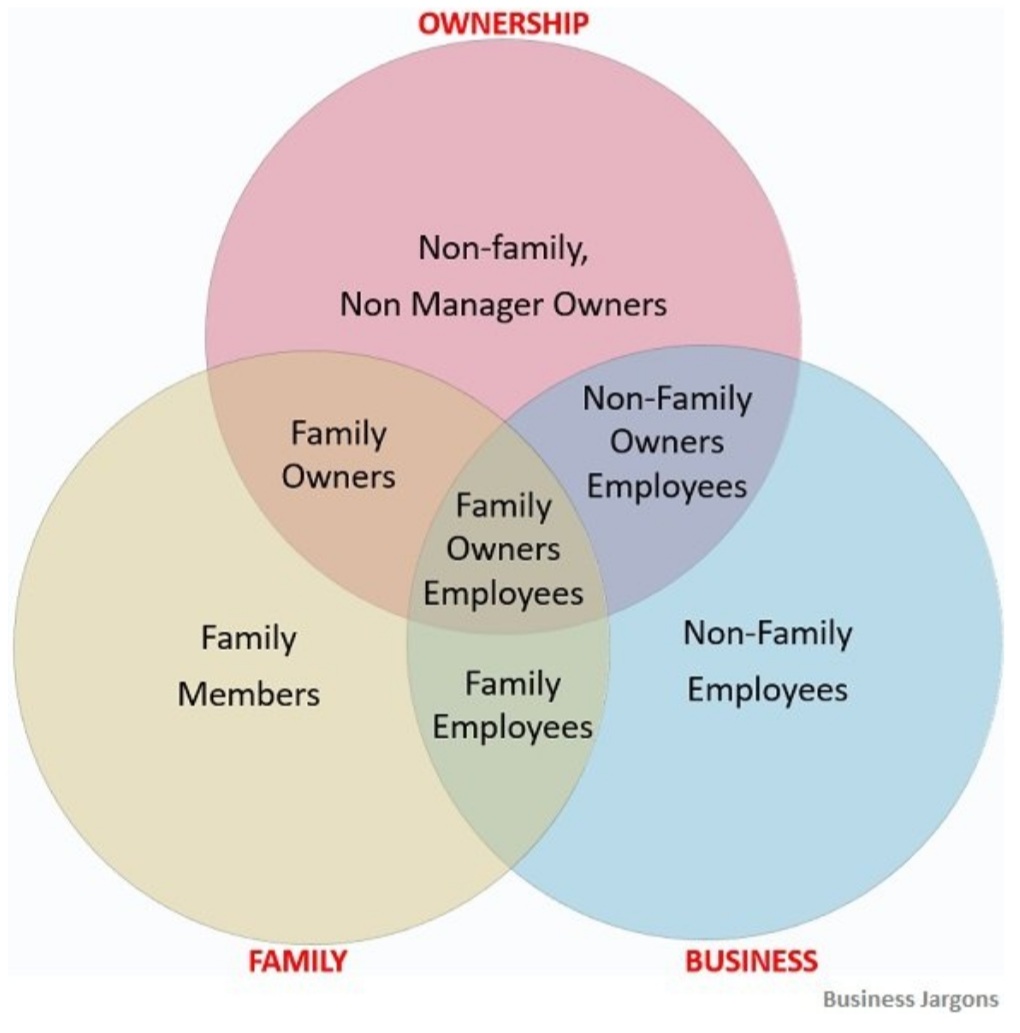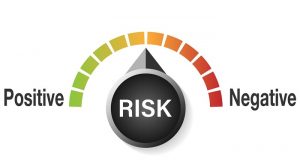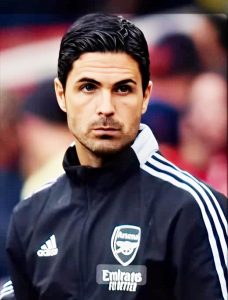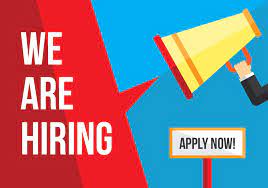
Photo credit: iStock
Note: This is one in a series of articles based on some of the 200-plus interviews by Walton College Dean Matt Waller for his BeEpic podcast.
It’s been said that trust is the currency of business, not to mention of leadership, innovation, marketing, and life. And the reason it’s been said – over and over by many people, in fact – is because it’s true.
Edelman, a global communications firm that has studied and ranked trust in business, NGOs, government, and media for more than 20 years, says that “Trust defines an organization’s license to operate, lead and succeed.”
Why?
“Trust is the foundation that allows an organization to take responsible risks, and, if it makes mistakes, to rebound from them,” the company says. “For a business, especially, lasting trust is the strongest insurance against competitive disruption, the antidote to consumer indifference, and the best path to continued growth. Without trust, credibility is lost and reputation can be threatened.”
It’s one thing to say why trust is important, but guests on Matt Waller’s Be Epic podcast have provided several examples that illustrate the “why” – mini case studies that reflect how trust was earned and why it mattered to their organization. Here are five examples:
1. Trust yields long-term dividends.
Warren Stephens, CEO of Stephens Inc., often saw trust play out in the leadership of his uncle (Witt Stephens) and father (Jack Stephens) when they ran the investment company.
“They just conducted themselves in such a way that over a period of time they developed a sterling reputation for trustworthiness,” Warren Stephens said. “It’s not something that just pops up and you get it. You gotta earn it.”
Earning trust, for instance, paid off in 1989 when Tyson Foods paid $1.4 billion to buy Holly Farms and chose Stephens Inc. to oversee the deal.
“When it came time for Don (Tyson) to make, at that time, the biggest acquisition that he had ever done, I can see where he just said, ‘I don’t know those guys from New York,’” Stephens said. “He really didn’t know me, but he knew my uncle, and of course he knew my father, and he knew J.D. (Simpson) very well. So he knew how we would conduct ourselves. And that was a long, hard transaction. It was probably nine months. And there were lots of twists and turns, and you had to have somebody that you could trust and have confidence in.”
2. Trust builds stakeholder confidence.
AcreTrader, a farmland investing and transaction platform founded in 2018 by Carter Malloy, works with landowners, farmers, and investors, so quickly earning their trust when explaining their new approach was essential to the new company’s early success.
“This is a huge part of their livelihoods and, frankly, a large chunk of money for investors,” Malloy said. “This is their money, and that’s important to people, come to find out. And so it was really about creating educational materials, writing those education materials, and then just getting on the phone. Ultimately, it’s really the process of discovering the right messaging that resonates with the customer.”
3. Trust enables speed and agility.
Tom Tedford, CEO of ACCO Brands, said trusting yourself and the people around you allows a business to move more quickly and with more agility, two keys to winning in competitive markets.
“You don’t have to get it 100% right,” Tedford said. “In fact, you won’t. The ability to respond quickly to the data that’s presented to you and have trust in your team to make good business decisions is important. If you wait for that perfect moment, with the perfect data set to support your decisions, it will never happen.”
4. Trust strengthens partnerships.
Kenny Cason and Ryan Frazier have co-founded two companies, DataRank and Arrived, and trust has been fundamental to their long-time relationship.
“We’ve had good trust and communication from day one, and Ryan’s honestly one of the most open-minded, good listeners that I know,” Cason said. “If we have a disagreement, Ryan is gonna do his best to explain it to me and not just tell me. At the end of the day, if I still don’t understand or agree, I’m just going to defer to Ryan, because I trust him, and we gotta make a decision and we’re gonna go forward. So I just feel that the trust is there and the history is there, so it makes it a lot easier.”
5. Trust leads to personal growth.
Jonathan Thompson, CEO of Nielson-Massey Vanillas, believes honest feedback from his direct reports makes him a better leader, but he knows useful feedback won’t come if he hasn’t earned their trust.
“I’m always asking, ‘How is this landing? How am I doing? Give it to me straight,’” Thompson said. “And it takes a while for your direct reports to build that trust with you. But once they know that it’s coming from a good place, I’ve found that I’ve had a number of direct reports that have actually become very, very insightful at picking up on areas that I needed to improve on as a leader.”
How Do You Earn Trust as a Leader?
When the topic of trust comes up with podcast guest, Waller often outlines his view of how it is earned.
“Trust is built on three primary things,” he says. “One is competency. You’ve gotta be competent. Two, you have to believe that the other (person) has your best interest in mind. And three, you’ve got to believe the other person has integrity. They’ll do what they say. They’ll be honest with you.”
Walt Rakowich, the former CEO of Prologis, said he developed what he calls his 3H-Core – humility, honesty, and heart – as a foundational approach to developing trust.
“If you want to create trust in your organization, part of it is how you see yourself, and that is being humble, and second is being brutally honest,” he said. “And by the way, it’s easy to be honest to people about the things you want to tell them. It is not so easy to be honest about things that you don’t want to tell them as a leader.”
The element of heart, he said, involves treating people with the respect they deserve as fellow human beings.
“Leaders today need to ask and listen before they act,” he said. “I don’t think they should expect people to come to them. I think they should be reaching out to people and talking to them about what is going on in their lives personally. I think empathy and flexibility really matter today in leadership.”
It matters because it builds trust. And trust is the currency of business.
Post Author:
Matt WallerStephen Caldwell is Chief Word Architect for WordBuilders, Inc., where he spends most of his time helping clients discover, craft, and share the messages of their hearts. In addition to writing and editing for newspapers, magazines, and on numerous book projects, he has developed leadership and functional training for Fortune 500 companies. He lives in Fayetteville, Arkansas.
What’s your thought about this article?
Kindly like and share.





















